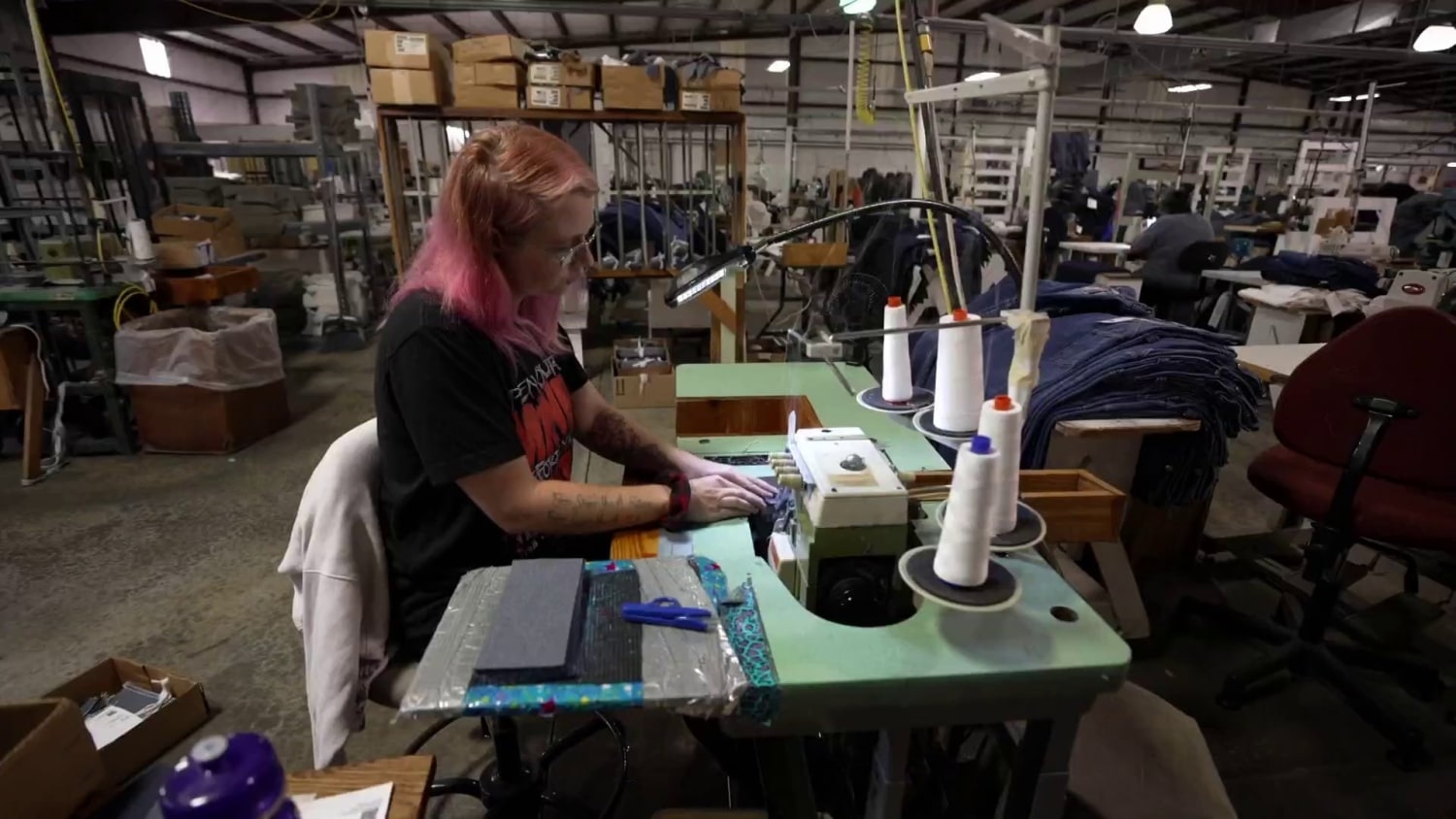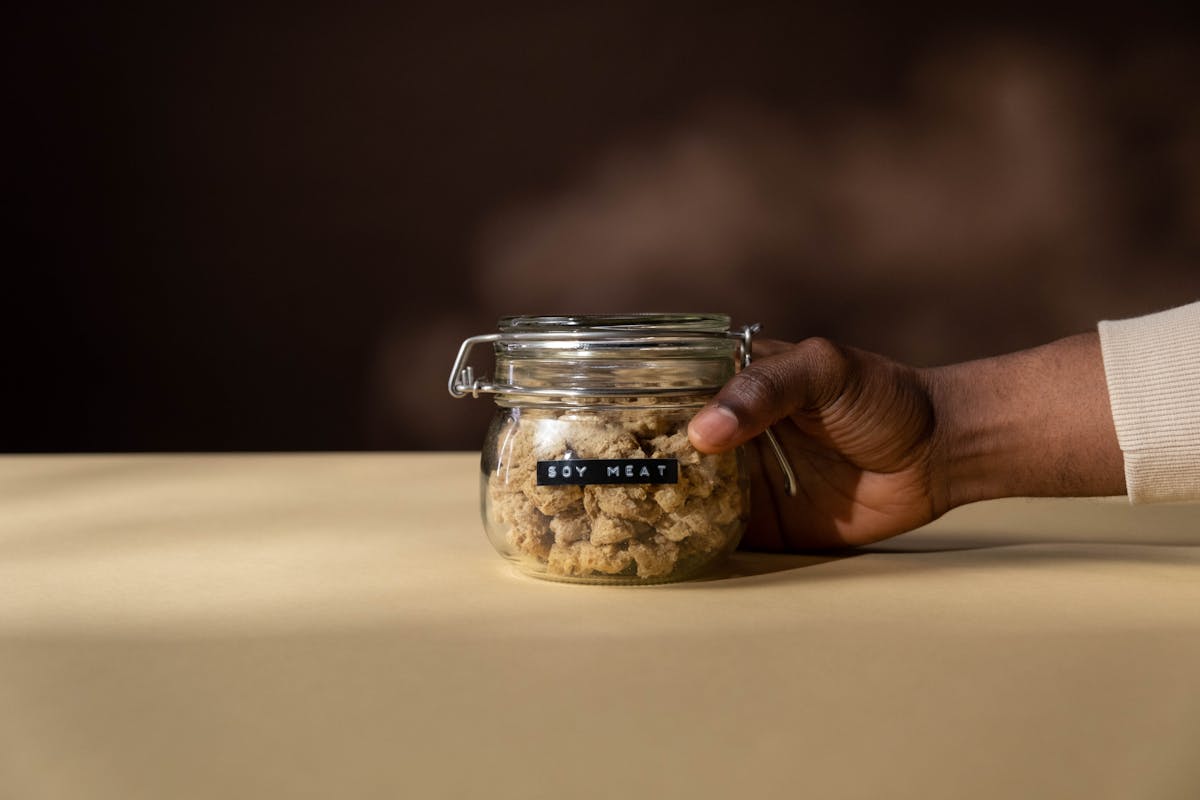In a world increasingly shaped by international low-cost production, a company from Oklahoma is taking a unique approach by leading the renaissance of denim crafted in America. This firm’s goal tackles the broad reduction in the national textile sector, manifesting in numerous factory shutdowns and the relocation of employment abroad. Their dedication transcends a mere commercial tactic; it is a fundamental tenet based on the conviction that high-quality artisan work, responsible manufacturing, and bolstering the local economy can serve as a sustainable framework in today’s marketplace.
The tale of American denim is intricate, weaving together with the country’s industrial evolution. For years, the U.S. stood at the forefront of textile and apparel production. Renowned brands were crafted on American land, offering jobs to numerous proficient laborers. Nevertheless, from the late 1900s, an unyielding drive to cut expenses caused numerous firms to move their manufacturing abroad, causing a significant downturn in the national sector. This Oklahoma-based company is striving to counteract that pattern, producing one pair of jeans at a time.
The founders of the company were driven by a desire to create a product that was both authentic and enduring. They saw an opportunity to re-establish a legacy of American craftsmanship that had been largely lost. Their vision was to build a brand where every step of the process, from the sourcing of raw materials to the final stitch, was done within the United States. This philosophy forms the bedrock of their business model and sets them apart in an industry where “made in America” often refers only to the final assembly, not the entire supply chain.
The company’s dedication to a fully domestic supply chain is a cornerstone of its identity. The journey of their jeans begins with raw cotton grown in the American South. This cotton is then spun into yarn and woven into denim fabric at a heritage mill in North Carolina, one of the last of its kind. Even the smallest components, such as the rivets, buttons, and zippers, are sourced from American suppliers. This meticulous attention to the origin of every component ensures that the finished product is a true reflection of its American-made promise.
The process of production highlights the expertise and proficiency of U.S. workers. The firm employs a skilled group of craftsmen, many of whom have years of experience in the fabric sector. They utilize old-fashioned sewing machines and employ classic methods to guarantee excellent quality and robustness. This dedication to skillful work stands in sharp contrast to the assembly-line factories of the fast fashion industry, where efficiency and volume often come before precision and excellence.
The economic impact of this business model extends far beyond the factory floor. By choosing to produce locally, the company is directly creating jobs and supporting families in its home state of Oklahoma. The wages they pay are fair, and the working conditions are safe and ethical, a standard that is often not met in overseas production. This investment in the local community has a ripple effect, supporting other small businesses and contributing to the overall economic vitality of the region.
The organization’s approach to business, though commendable, does face certain obstacles. Expenses related to labor and materials in the United States are much greater compared to several other nations. As a result, their products are priced higher than those of their mass-produced rivals, potentially posing a challenge for some buyers. The company must continually validate its higher pricing by informing clients about the benefits of excellence, longevity, and responsible manufacturing. It is an ongoing struggle against a marketplace predominantly motivated by affordability and ease.
However, there is a growing segment of the consumer market that is actively seeking out products with a story. These conscious consumers are willing to pay more for items that are ethically made, environmentally friendly, and support local economies. The Oklahoma denim-maker has tapped into this market, building a loyal following of customers who share their values. Their success is a clear indication that for a certain demographic, quality, transparency, and a compelling brand story are just as important as the price tag.
The company’s story is an inspiring example of the slow fashion movement, a trend that encourages consumers to buy fewer, better-made garments that will last longer. In a world drowning in textile waste, a pair of durable, repairable jeans is a small but meaningful step toward a more sustainable future. This focus on longevity and timeless design is a deliberate counterpoint to the disposable nature of fast fashion, offering consumers a more thoughtful and responsible way to build their wardrobe.
Looking ahead, the company’s future looks promising. Their model has proven that a small, dedicated team can compete in a highly competitive market by focusing on a niche that values quality and authenticity. They have not only created a successful brand but have also provided a hopeful blueprint for others who want to revitalize American manufacturing. Their success is a powerful testament to the idea that with passion, skill, and a commitment to a greater purpose, it is possible to build a business that is both profitable and principled.
The tale of this denim producer from Oklahoma is a fascinating story of resistance and resolve. By deciding to manufacture every pair of jeans in the United States, they’re not merely crafting a product; they’re uplifting a community, safeguarding a tradition, and confronting the conventional norms. Their triumph serves as a symbol of optimism for American production and a potent reminder that some of the longest-lasting stories are crafted with fabric, stitch by stitch.





